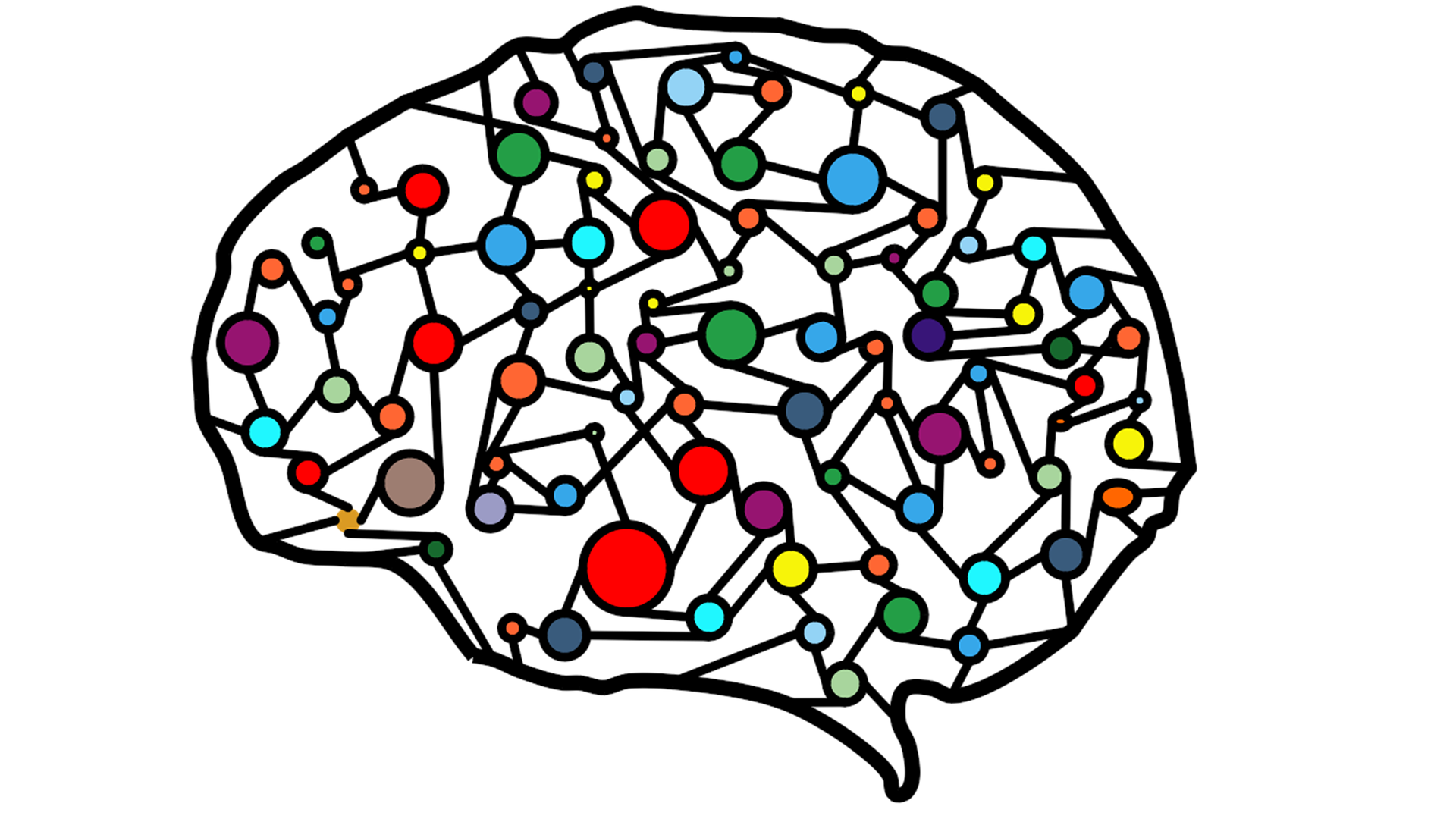IJCAI 2021 Tutorial onCurrent and Future Trends of Neural Knowledge Graph Representation and Reasoning |
||
at Yokohama, Japan |
||

IJCAI 2021 Tutorial onCurrent and Future Trends of Neural Knowledge Graph Representation and Reasoning |
||
at Yokohama, Japan |
||

Logic-based knowledge representation and reasoning on the one hand, and deep learning on the other, are fundamentally different approaches to artificial intelligence with complementary capabilities. The former is inherently transparent, thus explainable, but usually requires the manual creation of large knowledge bases. The latter can learn complex tasks from examples but are black boxes. Either paradigm excels at certain types of problems where the other paradigm performs poorly. In order to advance towards stronger AI systems, integrated neural-symbolic systems are being sought that are based on artificial neural network paradigms with added capabilities from logic-based systems. In this context, one of the fundamental open problems is how to perform logic-based deductive reasoning, for non-trivial logics, by means of trainable artificial neural networks. In this tutorial, we introduce different deep network architectures that can be trained to perform deductive reasoning with high precision and recall. We will talk about the accuracy, scalability, transferability, generalizability, speed, and interpretability capability of existing and new deep learning approaches and will talk about possible new models to enhance such desirable capabilities.
In the first part of the presentations session, the presenters will give a quick introduction to neuro-symbolic reasoning with focus on knowledge graph representation and deductive reasoning. The second part of the session will focus on the most relevant techniques in the state of the art, highlighting best practices and limitations in RDF graph reasoning with the focus on accuracy, robustness to noise, and explainability followed by a talk on the transferability and generalization in RDF reasoning. The fourth part of the session will introduce Logic Tensor Networks. Finally, the presenters will illustrate how machine learning approaches can be used to conduct reasoning on more complex EL logic, opening the discussion to the attendants.
Openning Session by Pascal Hitzler: Agenda & Neuro-Symbolic Integration: Deduvtive Reasoners Opening PDF
Talk 1 by Bassem Makni: Deep Learning for Noise-tolerant RDFS Reasoning: Towards Reasoning for Human-Machine Collaboration
Talk 2 by Monireh Ebrahimi: Neuro-Symbolic Deductive Reasoning for Cross-Knowledge Graph Entailment
Talk 3 by Federico Bianchi: Complementing Logical Reasoning with Sub-symbolic CommonsenseTalk 3 Video
Talk 4 by Aaron Eberhart: Completion Reasoning Emulation for the Description Logic EL+
Q/A: Questions? Comments?
Towards Bridging the Neuro-Symbolic Gap: Deep Deductive Reasoners
Deep learning for noise-tolerant RDFS reasoning
Explainable Deep RDFS Reasoner
Reasoning over RDF Knowledge Bases using Deep Learning
Neural-symbolic integration and the Semantic Web
Completion Reasoning Emulation for the Description Logic EL+
Corpus-based Comparison of Distributional Models of Language and Knowledge Graphs
Complementing Logical Reasoning with Sub-symbolic Commonsense
On the Capabilities of Logic Tensor Networks for Deductive Reasoning
Ontology Reasoning with Deep Neural Networks
Workshop series on Neural-Symbolic Learning and Reasoning
Neural-Symbolic Learning and Reasoning: A Survey and Interpretation
Please contact Monireh Ebrahimi if you have question..